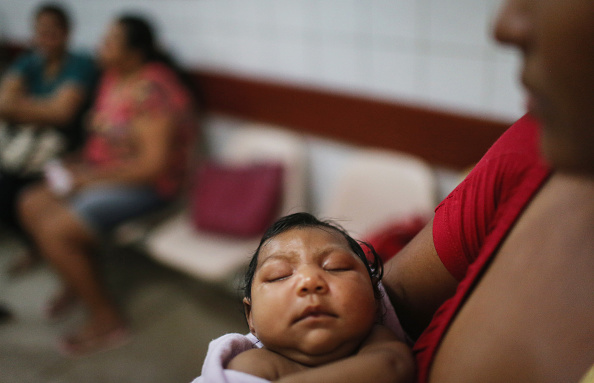
The spread of the Zika virus has rapidly gone from being a mild threat to an "explosive" threat, according to the World Health Organization. The virus is spread by mosquito bites and has been linked to birth defects in thousands of babies in Brazil and possibly to a paralyzing condition called Guillain-Barre syndrome.
The Zika virus could infect as many as 4 million people in the Americas, WHO officials said in a conference. Margaret Chan, MD, director-general of WHO, told the organization's executive board that the spread of the virus has been rapid. "The level of alarm is extremely high," she said. The WHO will convene an emergency meeting to help determine its response to the outbreak, she said.
The virus was detected in Central and South American for the first time last year. Now, cases have been reported in 23 countries and territories in the region, according to the WHO.
The organization is quickly ramping up its response to Zika because it was heavily criticized in 2014 and 2015 for reacting too slowly to the Ebola epidemic in Africa. The WHO has promised to cut its response time.
"We are not going to wait for the science to tell us there is a link (with birth defects). We need to take actions now," Chan said, referring to the condition called microcephaly in which babies are born with abnormally small heads and brains that have not developed properly.
Zika is similar to viral infections like dengue. Symptoms include a mild fever, rash, and red eyes, but only about one in five people infected show symptoms. However, if a pregnant woman is infected with Zika during her pregnancy, she appears to be more likely to give birth to a baby with an abnormally small head, a condition called microcephaly. This has not been proven, however, and it could take months before a link between the virus and the birth defects has been proven. A link to cases of paralyzing Guillian-Barre is suspected, but has also not been proven.
There is no vaccine against Zika as yet, so much of the immediate effort against the virus will be aimed at eradicating mosquito populations and protecting people from getting bitten. It will probably take a year to develop and test a vaccine against Zika, WHO Assistant Director Bruce Aylward said.
